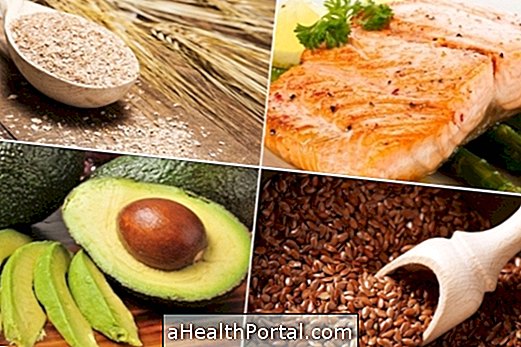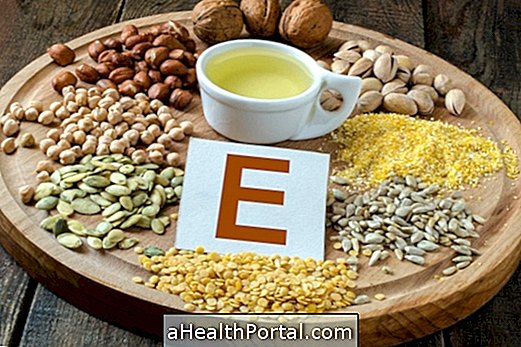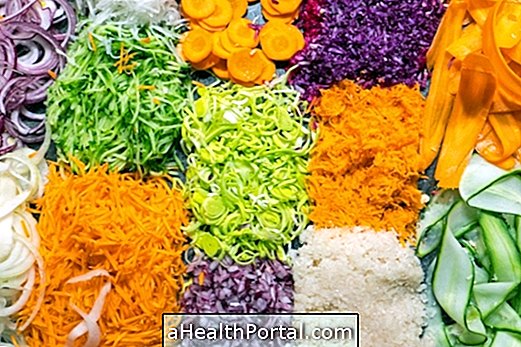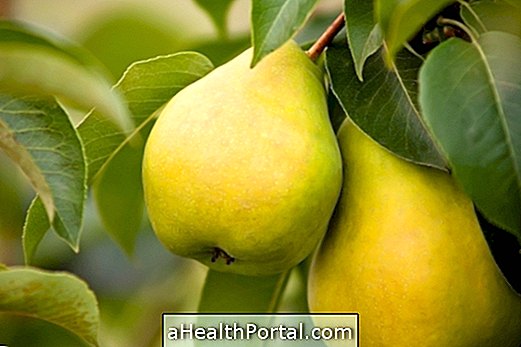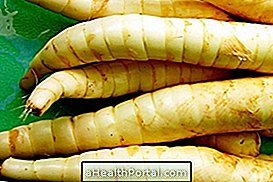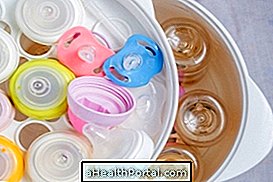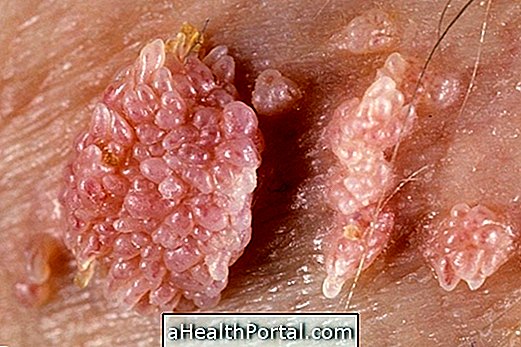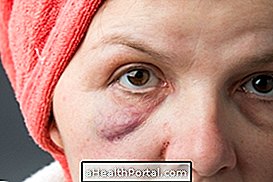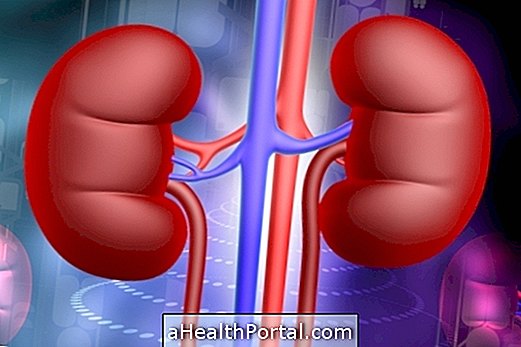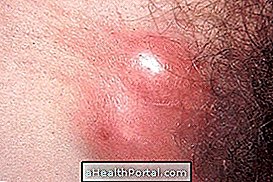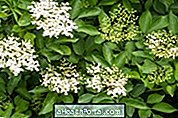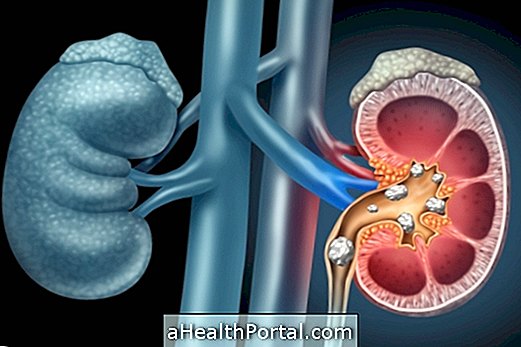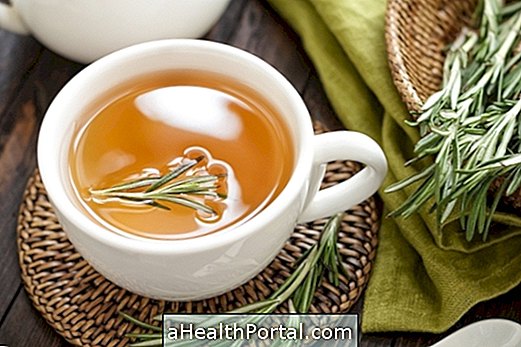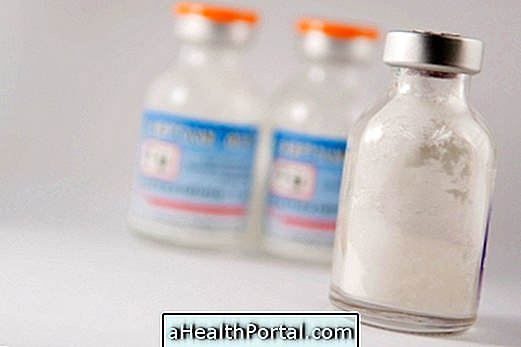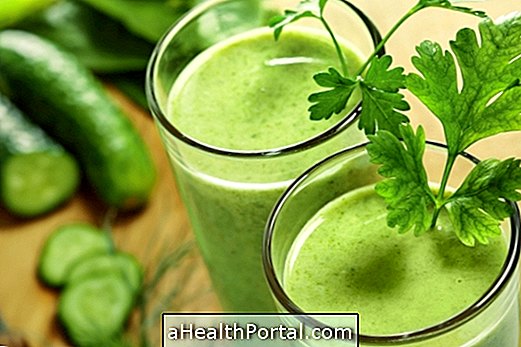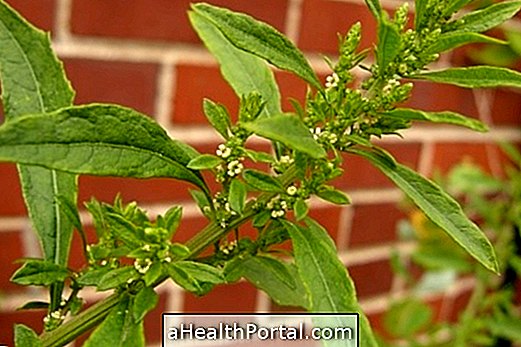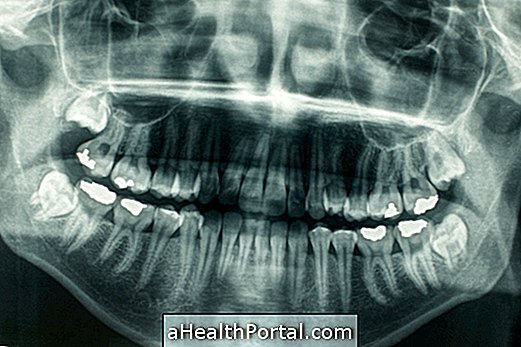Most foods naturally contain sodium in their composition, with meat, fish, eggs and algae being the main natural source of this mineral, which is important in maintaining proper functioning of the heart and muscles.
However, it is industrialized foods, such as snack foods or fast food, those that have more salt added and greatly increase the health damage, which can lead to high blood pressure or heart problems.
Although the words sodium and salt are used synonymously, they do not mean the same thing, because the salt is composed of the minerals sodium and chloride, and daily only one should consume up to 5 g of salt, which is the same as 2000 mg of sodium, corresponding to 1 full teaspoonful. Learn more about sodium here.
List of foods high in salt
The main foods high in salt are processed foods and include:
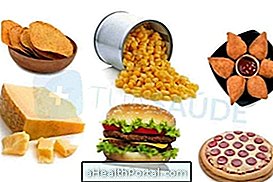

- Processed meats such as ham, mortadella, bacon, paio, parsley;
- Smoked and canned fish such as sardines or tuna;
- Cheese like parmesan, roquefort, camembert, creamy cheddar;
- Ready-made spices such as tartar, seasoning, aji-no-moto, ketchup, mustard, mayonnaise;
- Soups, broths and meals already prepared;
- Canned vegetables such as hearts of palm, peas, corn, pickles, mushrooms and olives;
- Cookies and processed cakes, including salt water biscuits;
- Fast food such as pizzas or chips;
- Industrialized and snack foods like chips, peanuts, quibe, pastel, quibe, coxinha;
- Butter and margarine.
In this way, to follow the recommendation to consume up to 5 g of salt per day is important to avoid buying these foods, whenever possible choose fresh foods. Learn other tips on: How to decrease salt intake.
Natural Source of Sodium
The main natural foods rich in sodium are animal foods such as meat, fish, eggs or milk that should be the main source of sodium and therefore should be consumed daily as they contribute to good heart and muscle function.
Some organic foods rich in sodium include:
| Natural food | Amount of sodium |
| Kombu Seaweed | 2805 mg |
| Crab | 366 mg |
| Mussel | 289 mg |
| Little fish | 209 mg |
| Soy flour | 464 mg |
| Salmon | 135 mg |
| Tilapia | 108 mg |
| Rice | 282 mg |
| Coffee beans | 152 mg |
| Black tea in leaves | 221 mg |
| Roe | 73 mg |
Since foods contain sodium in their composition, during their cooking one should avoid adding salt, because excess salt is very harmful to the body. Read more in: Excess salt is bad.
In addition, in some cases, foods high in salt also have a lot of sugar and fat, such as ketchup, crackers and chips, for example. Get more sugar-rich foods in: Foods rich in sugar.
